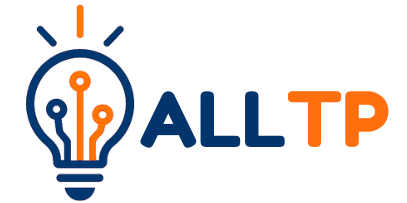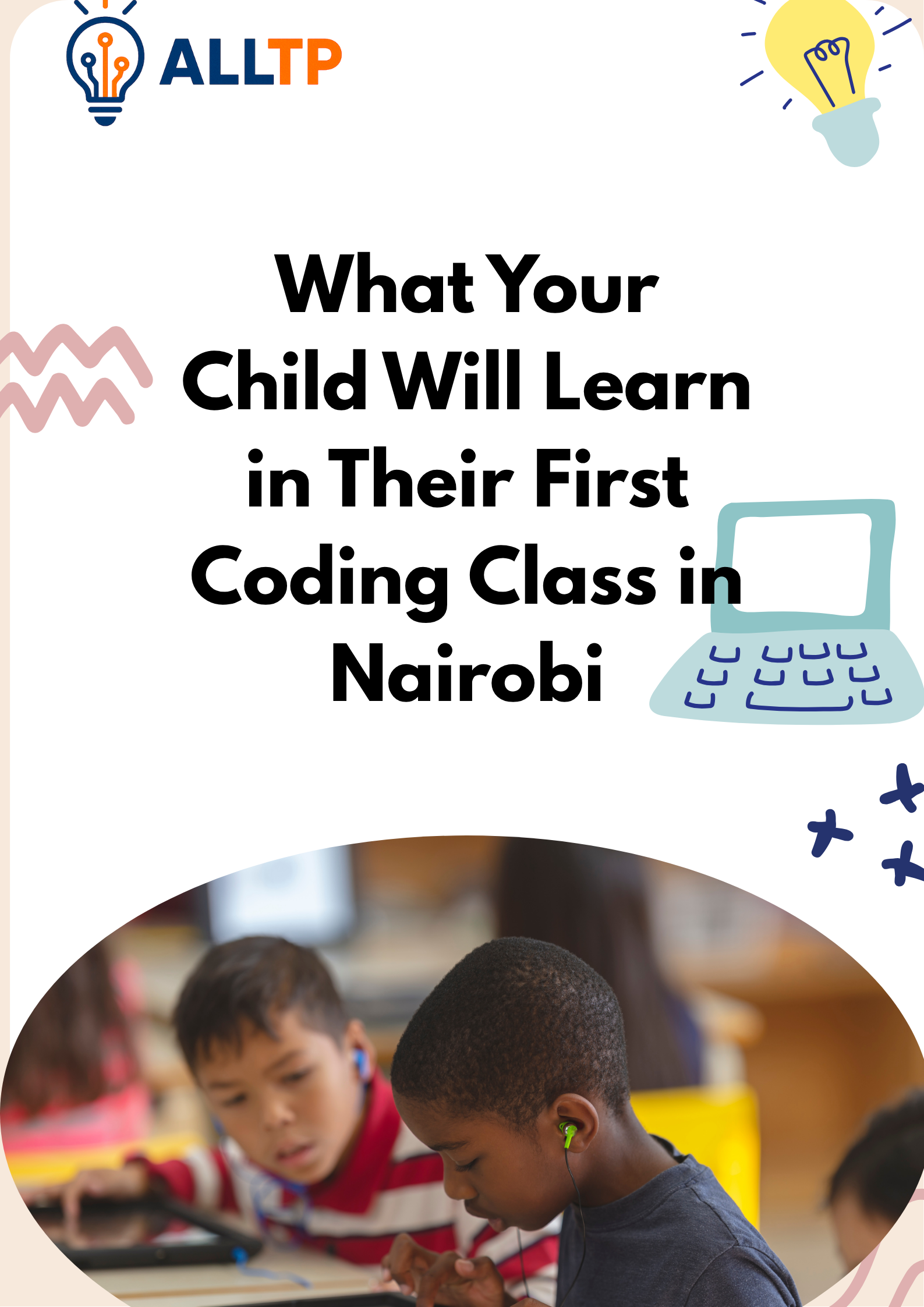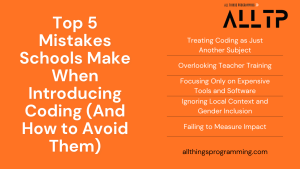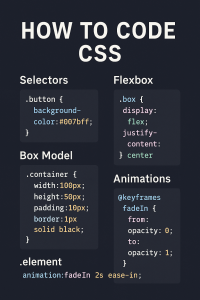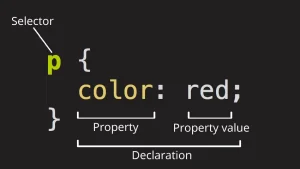In today’s digital world, coding is becoming just as essential as reading and math. Teaching kids to code not only equips them with valuable tech skills but also boosts their creativity, critical thinking, and problem-solving abilities from an early age. As Nairobi cements its place as a leading tech hub in Africa, more opportunities are emerging for young learners to dive into the world of programming. Dozens of coding schools and bootcamps across the city are now offering fun, hands-on classes specifically designed for children and teens.
If you’re a parent thinking about giving your child a head start in tech, now is the time. This article will help you understand what your child will learn in their first coding for kids class. It will also guide you on the tools they’ll use, the skills they’ll build, and how this exciting experience can spark a lifelong interest in technology.
The Structure of a First Coding Class
Children’s first experiences with coding are carefully designed to match their age and learning style. Most Nairobi coding programs break learners into age-based groups such as 6–8, 9–12, and 13–17 years. This ensures that the content is engaging, developmentally appropriate, and delivered at the right pace.
For younger children, classes often use visual platforms like Scratch, or Blockly. These tools teach programming logic through colorful blocks and drag-and-drop activities, no typing required. Older students may be introduced to beginner-friendly languages like Python or HTML as they gain confidence.
Small class sizes ensure that each child receives focused attention, making it easier for them to grasp new concepts. Learning is hands-on and engaging, with kids working on fun projects like simple games, animations, or quizzes. The goal is to make coding feel exciting and playful rather than overwhelming.
If you’re looking to get your child started, enroll them in our Coding School for Kids Bootcamp, a fun, hands-on program designed to introduce young learners to the world of programming. With small class sizes, engaging projects, and supportive instructors, your child will learn to create games, animations, and interactive stories while building essential tech skills and confidence.
As part of the broader Coding Kenya initiative to expand digital literacy among youth, this bootcamp provides an ideal first step for families who want to equip their children with future-ready skills in a fun, beginner-friendly environment.
Key Skills Your Child Will Learn
A well-structured first coding class goes far beyond just typing commands; it lays the foundation for essential life skills your child can build on for years to come. Here are three key areas of growth:
A. Logical Thinking & Problem Solving
One of the first things your child will learn is how to break down tasks into smaller, manageable steps, a fundamental skill in programming known as creating algorithms. Through games and mini-projects, they’ll also practice debugging, which involves finding and fixing errors in their code. This teaches patience, attention to detail, and persistence.
B. Basic Programming Concepts
Children are introduced to core coding concepts such as commands, loops, and events, the building blocks of any program. For example, they might use a loop to repeat a character’s movement or trigger an event when a button is clicked. These early lessons help them understand how code drives actions on screen, forming a mental model of how digital tools work.
C. Creativity Through Projects
Perhaps the most exciting part is that kids get to create something of their own, whether it’s a game, an animated story, or a basic app. These projects encourage them to think creatively, experiment fearlessly, and take pride in their creations. Every line of code becomes a small act of expression, boosting their confidence and digital fluency.
Tools & Languages Introduced
In their first coding class, children are typically introduced to block-based programming tools like Scratch, which allow them to learn coding concepts without needing to type actual code. These platforms use colorful blocks that snap together like puzzle pieces, making it easier for beginners to focus on logic and structure rather than syntax.
This visual programming approach is especially helpful for younger learners. It allows them to experiment freely, build interactive stories or games, and see the immediate results of their logic, all while having fun.
As children grow older or progress in the program, they may be gradually introduced to text-based coding using beginner-friendly languages like Python or HTML. These languages help students transition from visual to real-world programming environments, preparing them for more advanced projects and applications in the future.
Different schools may vary in when they introduce text-based code, but the best programs make sure each child learns at a comfortable pace, building both competence and confidence.
Social & Soft Skills Gained
While coding is often seen as a technical skill, it also nurtures important soft skills that are valuable in school, life, and future careers.
Teamwork and Collaboration
In many Nairobi coding classes, children work in pairs or small groups to solve challenges and complete projects. This pair programming approach teaches them how to collaborate, listen to others’ ideas, and share responsibilities, just like in real-world tech teams.
Communication and Presentation
At the end of a project, students are often encouraged to present their work to the class. Whether it’s explaining how a game works or describing the challenges they overcame, these moments help kids build confidence and communication skills.
Persistence and Resilience
Perhaps one of the most valuable lessons coding teaches is how to deal with failure. When a program doesn’t run or a game doesn’t work as expected, children learn to troubleshoot, seek help, and try again. This builds resilience, patience, and a growth mindset, skills that apply far beyond the screen.
Nairobi-Based Examples
As interest in digital skills grows, Nairobi has become home to several excellent coding programs tailored for children. One standout is the All Things Programming Bootcamp, which offers hands-on, project-based learning for kids aged 6 to 17. The bootcamp emphasizes creativity, logic, and real-world applications, making it a favorite among both parents and students.
“My 9-year-old used to love playing games, now he’s making his own. The transformation has been incredible,” says Sarah M., a parent from Kilimani whose son recently completed a beginner course.
“I made a quiz game about Kenyan wildlife and showed it to my classmates!” Joy, age 11, student at the bootcamp.
These programs often run during school holidays and weekends, providing a perfect balance of structure and fun. Parents looking for credible options can also explore university-backed initiatives like Jomo Kenyatta University of Agriculture and Technology (JKUAT) which periodically supports digital literacy outreach programs aimed at introducing young learners to coding and computational thinking.
Whether you choose a private bootcamp or a university-affiliated initiative, Nairobi offers a growing list of trusted learning environments to get your child started on their coding journey..
What to Expect as a Parent
As your child begins their coding journey, your role as a parent can make a big difference in how much they enjoy and benefit from the experience.
Supporting Your Child After Class
You don’t need to be a tech expert to help. Simply asking your child to explain what they created, watching their project demos, or encouraging them to practice at home can boost their confidence and curiosity. Some schools also provide access to online platforms so your child can continue learning between sessions.
Recognizing Progress and Interest
Signs that your child is enjoying coding include talking excitedly about their projects, wanting to keep coding after class, and asking questions about how things work. Progress may be subtle at first, like understanding how loops work or fixing a bug, but it will build over time with practice.
Costs and Scheduling
Most kids’ coding programs in Nairobi are offered on weekends or during school holidays, making them easy to fit into busy family schedules. Prices vary depending on the length and structure of the program, but beginner-level classes typically range from KES 5,000 to KES 15,000 per module or term. Some providers also offer free trial sessions or discounts for early registration.
Choosing a program that aligns with your child’s age, interests, and learning pace will set them up for success, and make the experience enjoyable for both of you.
To conclude, In today’s digital world, coding is more than just a tech skill, it’s a tool for creativity, critical thinking, and future-readiness. A first coding class introduces your child to problem-solving, logical thinking, and innovation in a way that’s fun, engaging, and age-appropriate.
If you’ve been wondering whether coding is right for your child, now is the perfect time to explore the many programs available in Nairobi. Trusted initiatives like the All Things Programming Bootcamp are opening doors for children across the city to learn, build, and thrive in the digital space. Our Coding for Kids Bootcamp offers coding for beginners, a friendly, hands-on introduction tailored for young minds with no prior experience. Enroll your child today and help them break into the tech world with confidence.
